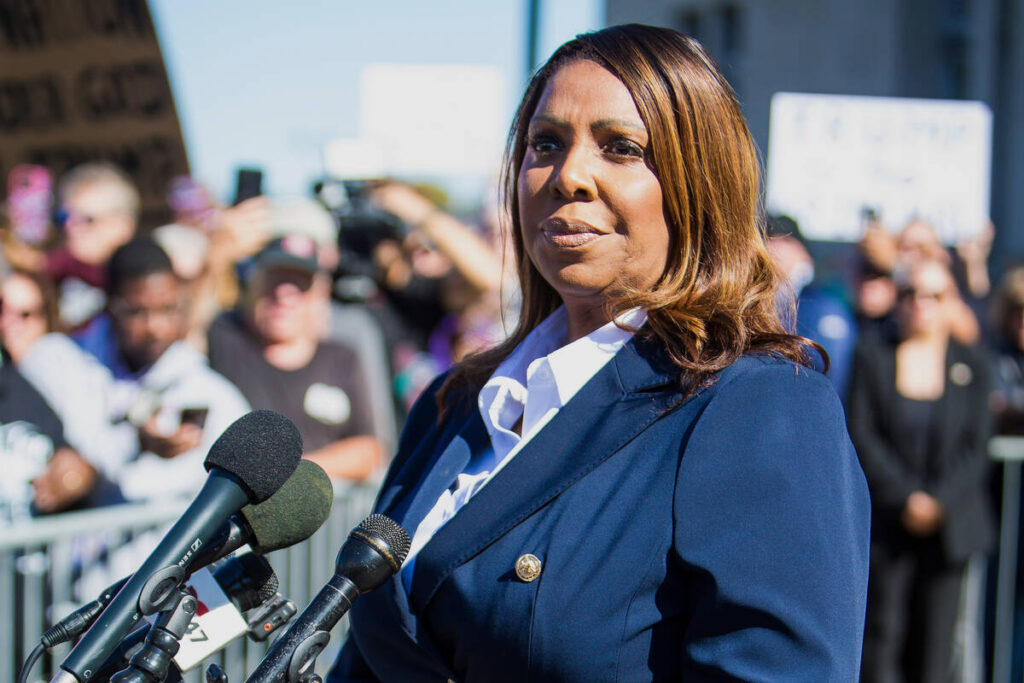New York AG pleads not guilty in mortgage fraud case pushed by Trump
Summary
New York Attorney General Letitia James pleaded not guilty in federal court to charges alleging mortgage fraud tied to a 2020 home purchase in Norfolk, Virginia. The indictment alleges she misrepresented the property’s use to obtain more favourable loan terms after signing a standard “second home rider.”
The indictment came after the U.S. attorney overseeing the probe resigned amid pressure from the Trump administration and was replaced by a former White House aide and Trump lawyer who presented the case to a grand jury. James and her lawyers say the prosecution is politically motivated and plan to seek dismissal as a vindictive prosecution. A trial date was set for 26 January.
Key Points
- Letitia James pleaded not guilty to bank fraud and false-statement charges connected to a 2020 Norfolk home purchase.
- The case followed public pressure from President Trump and the replacement of the lead U.S. attorney overseeing the investigation.
- Prosecutors allege James rented the house rather than keeping it as a second residence, securing loan terms for personal use properties.
- James’ defence says the prosecution is vindictive and will move to dismiss the charges as politically driven.
- The prosecutor who led the case to the grand jury was Lindsey Halligan, a former White House aide and Trump lawyer, after Erik Siebert resigned.
- James left court to cheers from supporters and framed the case as an example of the justice system being used as a tool of revenge.
- The matter is part of a broader pattern of federal actions this month against several Trump adversaries, raising concerns about politicisation of prosecutions.
Context and relevance
This case sits at the intersection of law and politics: James previously brought a major civil fraud action against Donald Trump and his companies, and the timing and handling of this federal indictment have intensified accusations that the Justice Department is being used for retribution. The replacement of the U.S. attorney and the involvement of a former White House aide heighten scrutiny of prosecutorial independence.
For readers following U.S. national politics, legal accountability and the rule of law, this case is significant because it may set or reflect precedents about politically sensitive prosecutions and how DOJ personnel decisions influence high-profile investigations.
Why should I read this?
Because this isn’t just another court story — it’s about whether the justice system is being turned into a political chess piece. If you care about accountability, how prosecutions start, or the fallout from the Trump-era legal battles, this piece gives you the essentials without the legalese. Quick, sharp and worth five minutes of your time.
Author style
Punchy: the reporting is concise and focuses on the high-stakes political angle — if this matters to you, read the detail; if not, the key facts are here so you can stay up to speed.
